10 questions with… yassmin abdel-magied
Yassmin Abdel-Magied is one of Australia’s most passionate social advocates, speaking truth to power through her writing and activism. Now based in London, Yassmin fills us in on her life overseas and her new book of essays.
It’s been almost five years since you moved to London. What took you there? In June 2017, I came to London for a Muslim women’s event and I was telling them about all the drama in Australia [Yassmin received daily abuse and death threats after a social media post she made referencing ANZAC Day]. They looked at me and were like, “What’s keeping you in Australia? Come to London. This would never happen here.” I went to another event, and it was just a room of young, Black Brits. I’d never been in a room where everyone was young and Black and had grown up in the West. I had no experience of the African diaspora like myself, and I remember being like, “I’ve got to have more of this in my life.” I revelled in the fact that nobody knew who I was, that I could experiment with my identity and what I was interested in. I’ve been doing public-facing work since I was 13 or 14, so I never got to play around with that, and I really delighted in it.
How was the pandemic for you? For a lot of people I know, the pandemic was very transformative because it was the first time in their life when they stopped and were like, “Oh my god, what am I doing?” I already had that transformative time two years earlier when I moved to London, and I was just about to start living again when the pandemic hit, so it was tough. But two years later, I would say that what the pandemic did give me was the space to lean in to being a writer in a way that I wasn’t before. I’m much more interested in craft and how to tell stories in different ways, and I’m taking myself a little bit more seriously as a creative and as an artist.
What have you been working on over there? I started writing plays, which is totally fun, because I get a bit lonely sometimes as a writer; I get a bit stuck in my head. One of the things about writing theatre is that you get to hang out with other people and workshop ideas.
How do you feel about Australia now, with time and distance? I know people are going to feel uncomfortable with this, but one of my essays in my forthcoming collection, Talking About a Revolution, is essentially me thinking about giving up my Australian citizenship. The longer I stay away, the less interested I am in the modern project that is Australia. I’m very aware of the privileges that my citizenship affords me, and it’s something I really grapple with. But how can I be an anti-imperialist and continue to choose to live in a settler-colonial land that’s never been ceded? Here in Britain, it’s not necessarily any better, but I feel really removed from the Australian landscape, politically and socially. I think there was a time I felt like I owed the country something, but I don’t feel that relationship or allegiance.
Talking About a Revolution includes new essays, as well as writing from over the last decade. How do you feel looking back on your past work? I put my new self right next to my old stuff because it’s a demonstration that we are constantly evolving as people. You don’t have to know your politics at 22 – they’re going to evolve by the time you’re 30. What’s edifying is that I’ve always been interested in social justice. The way that I thought about it might have been different – the way that I understood what fairness looks like, what community looks like, and what understanding other people looks like – but it’s nice to know that I’ve not become a whole new person.
What are the best ways for people to get involved in causes they care about? Not everyone has the physical ability to turn up to protests, and not everyone has the energy to be able to organise. We all have different capacities, but we all have something specific and unique that we can bring to a movement. Find out the thing that you love doing – whether you’re an amazing artist or a software designer – and figure out a way to contribute that to the movement.
You’ve written novels for children and young readers. Why does this type of writing appeal to you? When you’re at that age, you’re so curious and hungry, so you’re really open to absorbing the kinds of stories that I’m interested in telling. It’s really powerful to be able to speak to that audience. There is also the element of writing stories that I wish I had at that age – there was nothing except Randa Abdel-Fattah’s Does My Head Look Big In This? which came out when I was 14. I remember finding that on the bookshelf at the library and my mind being blown. Being able to do that for a new generation is really exciting. Also, I have the humour of a nine-year-old, so I need to channel it somewhere.
What are your tips for aspiring writers? The final version of something is so far away from your first draft, so it’s totally OK for the first draft to not be Shakespeare or Sally Rooney. It’s really helpful if you can find one or two writer friends because it can be a scary and lonely thing, and we have the tendency to be secretive and not show anyone our work. Building a writing community is really powerful and will help you sustain a writing career.
What’s an important lesson you’ve learnt over your career? I often joke that the name of this job shouldn’t be ‘writer’ – it should be ‘rejectee’. You’re going to get so much rejection and if you can find a way to build emotional resilience; if you can find a way to not attach your self-worth to commercial success or literary accolades; if you can find a way not to attach your work to external validation from the industry – because that is fickle and uncontrollable – you’re going to be much happier. I have goals for how many rejections I want to get a year. So rather than being like, “I want to get this residency and this opportunity,” my aim is to get 50 rejections. I’ve reframed it for myself.
If you could give your younger self one piece of advice, what would it be? Your life is not going to turn out the way that you planned it to, and that’s totally OK. Just enjoy the ride.
Yassmin’s book, Talking About a Revolution, is out now. Yassmin is also an ambassador for the Emerging Writers’ Festival, which runs June 15th–25th in Melbourne and online.
This interview comes straight from the pages of issue 108. To get your mitts on a copy, swing past the frankie shop, subscribe or visit one of our lovely stockists.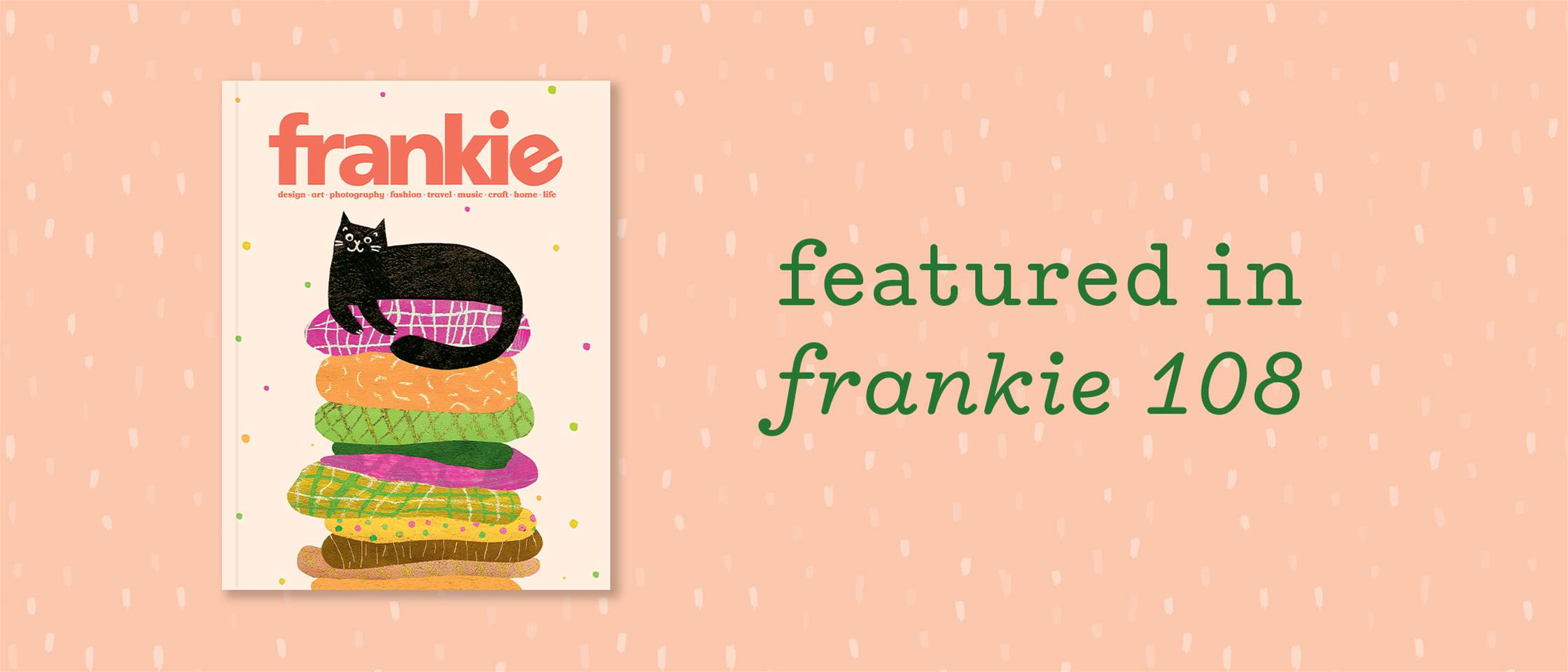

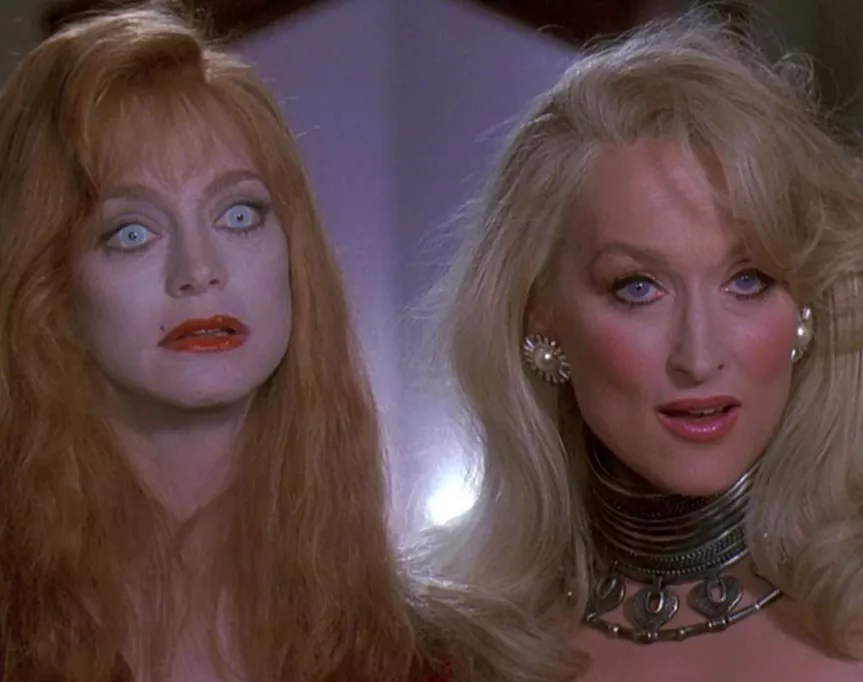
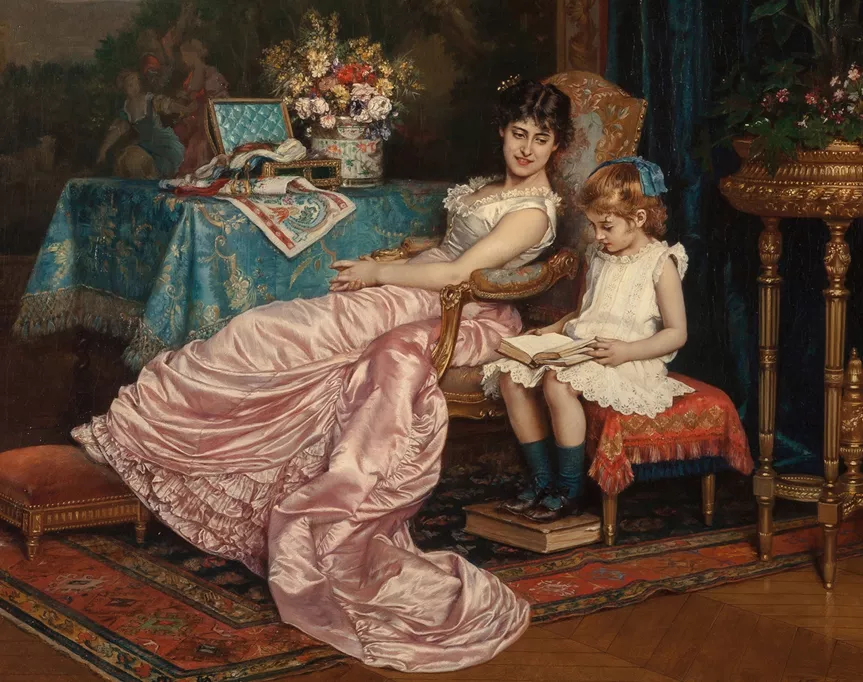
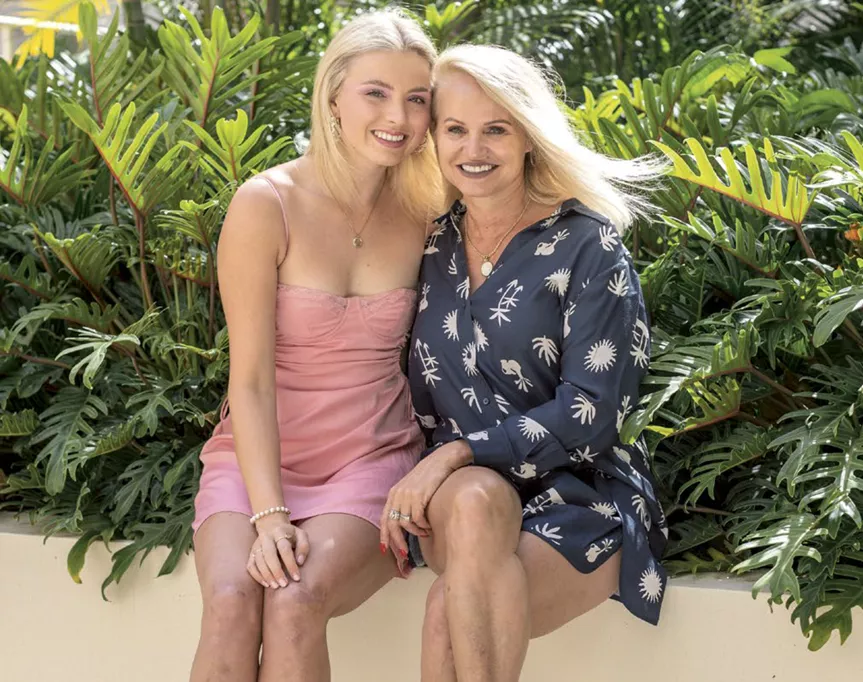
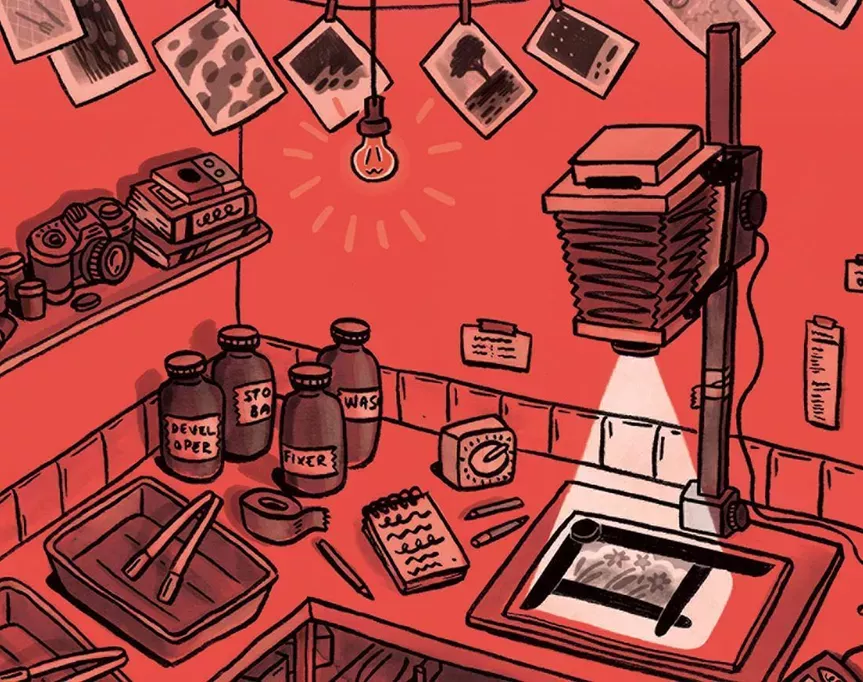
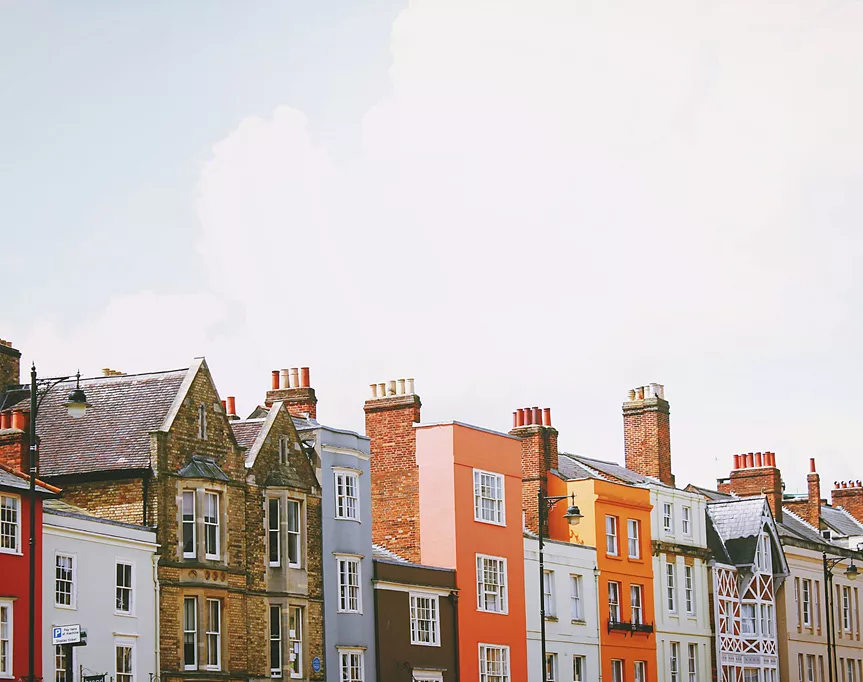
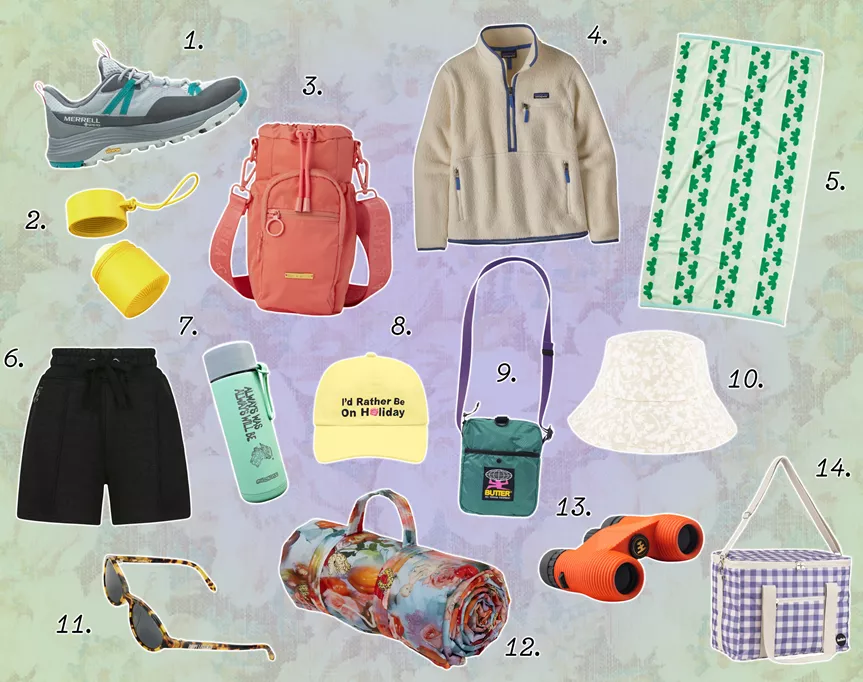
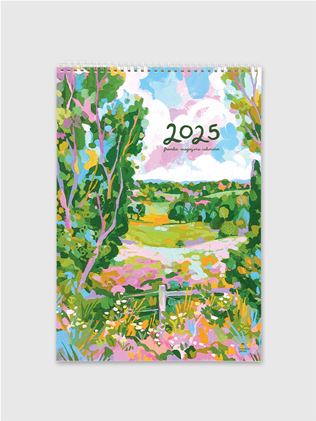
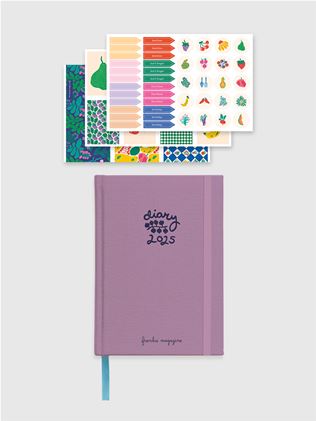
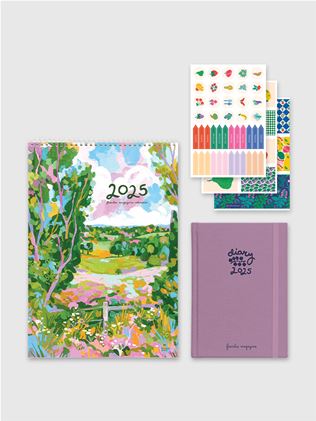
.jpg&q=80&w=316&c=1&s=1)


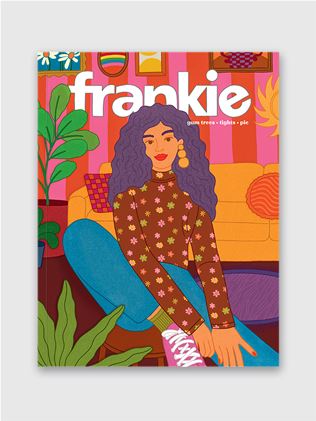
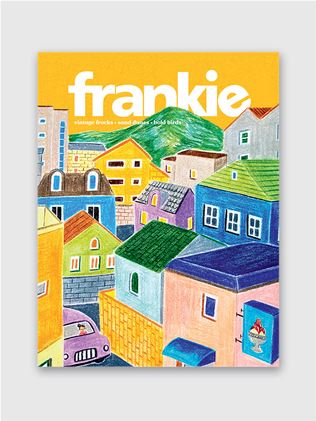


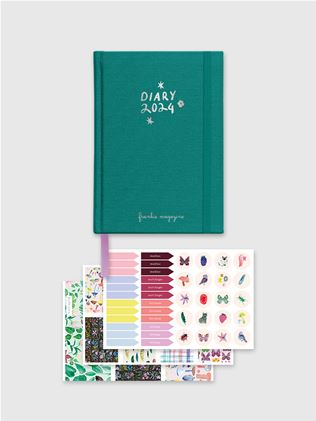



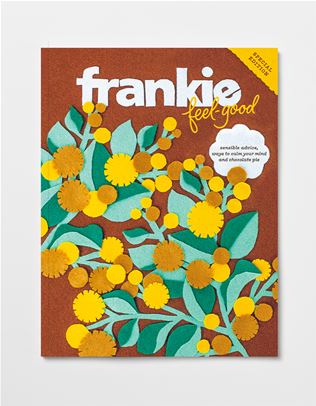






.jpg&q=80&w=316&c=1&s=1)










